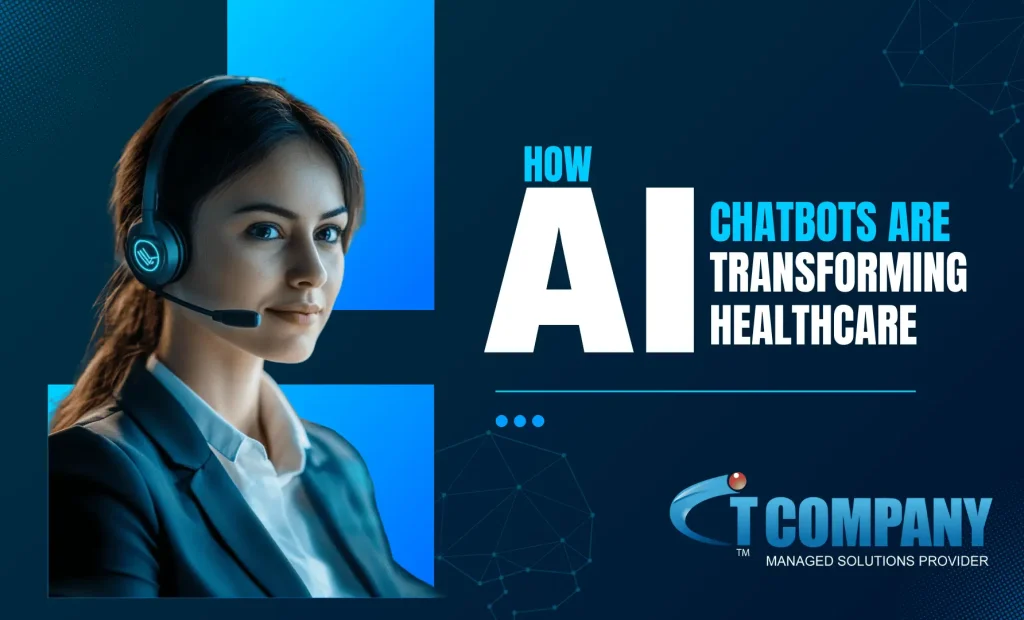
AI healthcare chatbots are revolutionizing the healthcare industry, transforming patient interactions with providers and making healthcare services more accessible, efficient, and cost-effective. By deploying an AI-powered Digital Chat Agent as a 24/7 self-service option, healthcare businesses can reduce administrative burdens, enhance patient satisfaction, and improve operational efficiency.
In this guide, we’ll explore how AI chatbots are changing healthcare, their key benefits, real-world use cases, and best practices. Plus, we’ll introduce a game-changer: AI Call Agents, taking patient interaction to the next level.
What Is a Healthcare AI Chatbot?
Traditional chatbots are now outdated. Early versions could only follow pre-defined rules, leading to errors and frustration. In contrast, AI-powered Digital Chat Agents leverage Conversational AI and Generative AI to offer intelligent and intuitive interactions. As a result, they provide a more seamless and natural communication experience, significantly improving patient engagement.
A modern healthcare AI chatbot seamlessly integrates with healthcare systems to assist patients with:
- Managing appointments efficiently
- Updating personal and medical details
- Providing real-time medical information
- Guiding users through billing inquiries and payments
- Seamlessly transferring patients to human representatives when needed
AI chatbots understand user intent, ensuring frustration-free interactions and seamless patient engagement.
How AI Chatbots Are Changing the Healthcare Industry
Patients now expect instant self-service healthcare solutions. AI chatbots enable healthcare organizations to meet these demands while ensuring data security, HIPAA compliance, and seamless EHR integration. By automating routine processes, providers can focus on patient care instead of administrative tasks.
Key Benefits:
Boost Operational Efficiency by automating repetitive tasks, allowing healthcare professionals to focus on urgent cases.
Round-the-Clock Accessibility ensures 24/7 multilingual support, eliminating patient wait times.
Empower Patients with Self-Service Options to schedule appointments, access test results, and update medical records effortlessly.
Tailor Patient Engagement with AI by using data-driven insights to personalize responses and enhance the overall experience.
Challenges of AI Chatbots in Healthcare
While Conversational AI has addressed many limitations of traditional chatbots, healthcare-specific challenges remain:
- Regulatory Compliance: AI must adhere to HIPAA, GDPR, and healthcare privacy laws.
- Seamless System Integration: Poorly integrated AI solutions may hinder patient experience.
- Building Patient Trust: Users often associate “chatbots” with limited functionality and inaccurate responses.
Solution: Rather than relying on outdated rule-based bots, healthcare providers should implement AI-driven Digital Chat Agents. These advanced solutions ensure compliance, provide context-aware responses, and ultimately enhance patient trust.
How AI Call Agents Are Revolutionizing Healthcare
Beyond chatbots, AI Call Agents provide voice-based AI support, handling patient inquiries, appointment scheduling, and automating routine phone interactions. This innovation:
- Reduces Call Wait Times – Eliminates long hold times for patients.
- Automates Repetitive Inquiries – Handles FAQs like billing, test results, and medication reminders.
- Ensures 24/7 Voice Support – Provides round-the-clock healthcare assistance.
- Improves Patient Engagement – Offers human-like, personalized voice interactions.
Want to see an AI Call Agent in action? Book a Discovery call today.
Use Cases of AI Chatbots in Healthcare
1. AI-Powered Appointment Scheduling
Patients can book, modify, and confirm appointments without human intervention. The AI chatbot syncs with doctors’ calendars, sends reminders, and offers rescheduling options when needed.
2. Secure Patient Data Collection & Documentation
AI chatbots securely gather patient medical history, symptoms, and document uploads, ensuring healthcare providers have accurate records for better decision-making.
3. Automated Billing & Payment Assistance
AI chatbots streamline billing inquiries, insurance verification, and payment processing, reducing administrative workload and patient stress.
4. Ensuring Data Privacy & Compliance
AI-driven solutions follow strict healthcare compliance regulations, ensuring patient data security and reducing risks of human error.
Looking for an AI solution to transform patient care? Contact Us today.
Best Practices for Implementing AI Chatbots in Healthcare
1. Identify Specific Use Cases
Before launching an AI chatbot, define key pain points to maximize efficiency and return on investment (ROI).
2. Ensure Seamless System Integration
AI chatbots should integrate with existing EHR systems, billing platforms, and scheduling tools for a smooth experience.
3. Reframe the Conversation: AI-Powered Virtual Assistants
Patients often distrust “chatbots” because of past negative experiences. To overcome this, position it as an AI-powered Digital Chat Assistant or Healthcare AI Agent, which helps boost acceptance and adoption.
Frequently Asked Questions
A chatbot operates based on pre-defined rules, whereas Conversational AI understands intent and context, allowing it to generate human-like responses for more personalized interactions.
They offer instant, accurate, and AI-powered healthcare support, enabling patients to schedule appointments, check lab results, and make inquiries effortlessly.
An AI Call Agent is an advanced voice-based AI solution that automates phone interactions, ensuring real-time, human-like patient communication.

